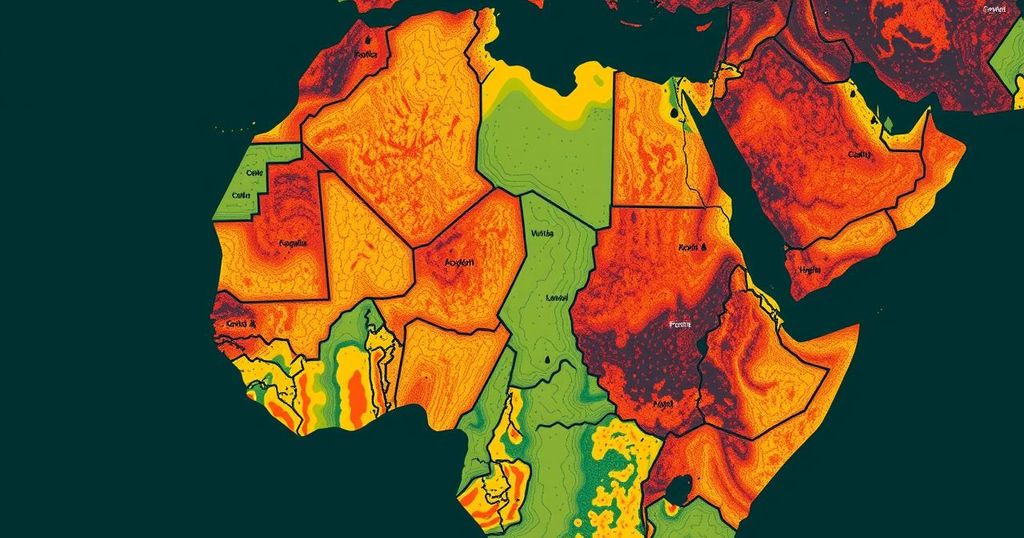This article discusses the importance of integrating cultural and heritage considerations into disaster risk management and climate change adaptation in Southern Africa, particularly in Lesotho. It highlights the threats posed by climate-induced hazards and the crucial role of culture in fostering resilience. The report, developed by UNESCO and local partners, aims to identify gaps and opportunities for better synergy and community involvement in tackling these challenges.
Climate change and natural disasters increasingly threaten the rich culture and heritage of Southern Africa, particularly in Lesotho. There is a pressing need for the integration of cultural considerations into disaster risk management and climate adaptation strategies. While these nations are aware of the risks to their heritage posed by coastal erosion and cyclones, proactive measures are still lacking. Nevertheless, the potential for culture and heritage to serve as resilience factors in these strategies remains to be thoroughly explored. This report aims to provide essential evidence to facilitate the incorporation of cultural aspects within disaster preparedness, which could lead to sustainable socio-economic benefits, such as enhanced tourism. Collaborative efforts among national partners and the UNESCO Regional Office for Southern Africa will focus on identifying gaps and opportunities for synergy in cultural integration within disaster management frameworks. By fostering local knowledge and community involvement, this integrated approach aims to empower vulnerable populations, establishing a sustainable and adaptive mechanism to address these emerging challenges.
Disasters driven by climate change, such as tropical cyclones and coastal flooding, present significant risks to cultural heritage in Southern Africa. As these natural phenomena escalate due to climate instability, the sustainability of local heritage sites and biodiversity is threatened. In addition to the loss of historical and cultural assets, the resultant economic challenges impact tourism revenue, which is vital for the growth and social development of the region’s communities. Thus, recognizing culture as a potential source of resilience is paramount for ensuring that disaster risk management mechanisms become inclusive and effective in Lesotho and its neighboring countries.
The integration of culture and heritage into disaster risk management and climate adaptation mechanisms is essential for ensuring the sustainability of both physical and cultural assets in Southern Africa. National efforts, in conjunction with the expertise of the UNESCO Regional Office, aim to identify and bridge existing gaps in strategy. By embracing local knowledge and promoting community participation, a more resilient and comprehensive approach to managing climate-related risks can be achieved. This not only preserves cultural heritage but also enhances socio-economic development through sustainable practices.
Original Source: reliefweb.int







